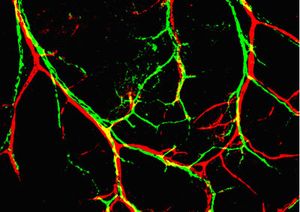Anyone who's ever tried to start an exercise routine, quit smoking or change a sleep pattern knows how powerful a habit can be. Habits seem to be more than behaviors — they seem to be part of who we are.
Habits are essentially patterns of behavior that become "worn in" to our brains. Someone who wakes up every morning, pours a cup of coffee and lights a cigarette, in that order, every morning, has that pattern built into their brain, in the form of well-used synaptic pathways. But how long does it take to form a habit?
Advertisement
In this article, we'll find out whether you really can turn a new behavior into a habitual one by repeating it for 21 days — a number often cited as the key to forming a new habit. We'll see where the belief originates and whether there's any hard evidence to back it up.
To understand what goes into forming or breaking a real habit, and how long that might take, it's helpful to look at what goes on in the brain once pattern-enforcing synaptic pathways are "worn in."
Advertisement

















